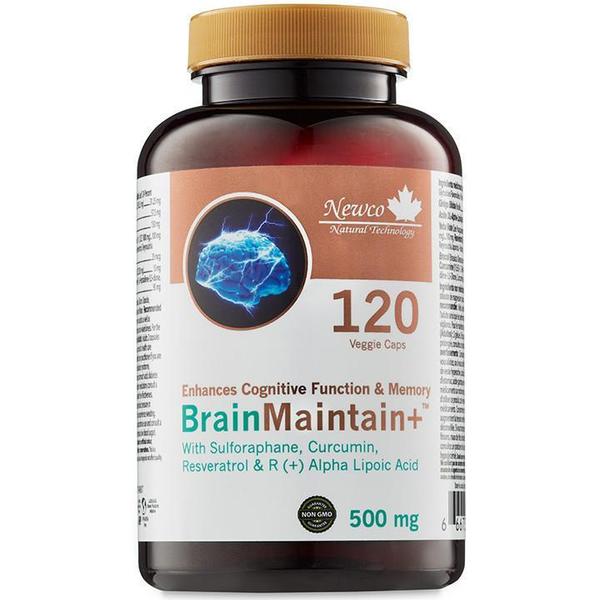TOP 8 MEDICINAL MUSHROOMS
Agarikon (Agaricus blazei) was first found in Florida and is thought to contain high levels of beta-glucans, which may help account for the mushroom’s antitumor activity, as well as its antiviral, blood-sugar-modulating, and cholesterol-lowering potential.
Chaga (Inonotus obliquus) grows primarily on birch trees. It has significant antioxidant properties, is known to slow down cell division in tumors, and is a powerful antiviral that helps fight even the HIV and influenza viruses.
Cordyceps (Cordyceps sinensis) This native of Tibet is best known for inhibiting the proliferation of human leukemia cells, enhancing the immune system’s natural killer (NK) cells, increasing blood flow, and reducing several forms of kidney disease. It’s also been studied for the treatment of asthma and bronchitis, and one study found a 64 percent improvement in erectile dysfunction after ingesting one gram of cordyceps daily.
Lion’s Mane (Hericium erinaceus) is best known for treating cancer, especially breast and intestinal cancers. Lion’s mane also holds promise for treating neurodegenerative diseases, such as Parkinson’s disease, because of its ability to stimulate nerve repair, increasing cognitive ability and improving muscle function.
Maitake (Grifola frondosa or “Hen of the Woods”) grows in northern temperate deciduous forests, and has been shown to cause tumor regression, especially in breast, prostate, and colorectal cancers. This delicious, soft-fleshed polypore also has fantastic nutritional value and has been used to treat diabetes. In one study, a single dose from a maitake mushroom extract lowered blood glucose by 25 percent in insulin-resistant mice.
Reishi (Ganoderma lucidum) is a gorgeous fungus that grows on dead or dying trees throughout the world. It’s best known for boosting energy and reducing histamine/allergic responses, and boasts potent anti-inflammatory properties. One study compared reishi extracts favorably against Prednisone, without the side effects. Because reishi can reduce free-radical damage, it is popular in anti-aging products.
Shiitake (Lentinula edodes) is native to Japan, Korea, and China, and grows primarily on Asian oaks and beeches. Shiitake is one of the most popular and best-studied medicinal mushrooms due to its lentinan content. This high-molecular-weight polysaccharide stimulates several white blood cell lines (macrophages, lymphocytes, phagocytes), thus contributing to shiitake’s antiviral, antibacterial, and overall tonic activity. Shiitake is relatively inexpensive, delicious to cook with, and keeps longer than most other mushroom species.
Turkey Tail (Trametes versicolor aka Coriolus versicolor) is found throughout North America. Known for its immune-boosting, antitumor, antiviral, antibacterial, and antioxidant properties, this well-researched medicinal mushroom is extremely hardy. The commercial drug, PSK, commercially known as “Krestin,” is derived primarily from mycelial cultures of turkey tail. Krestin is an approved anticancer drug in Asia and has been shown to significantly reduce incidence of cancer recurrence, especially in stomach cancer, when used after conventional chemotherapy. Similarly, when used in conjunction with radiation therapy for cervical cancer, Krestin has been shown to significantly lower recurrence rates. Its activity is two-fold: inhibiting the growth of cancer cells while also stimulating NK cells.

Top 8 Medicinal Mushrooms.

Leave a Reply
You must be logged in to post a comment.